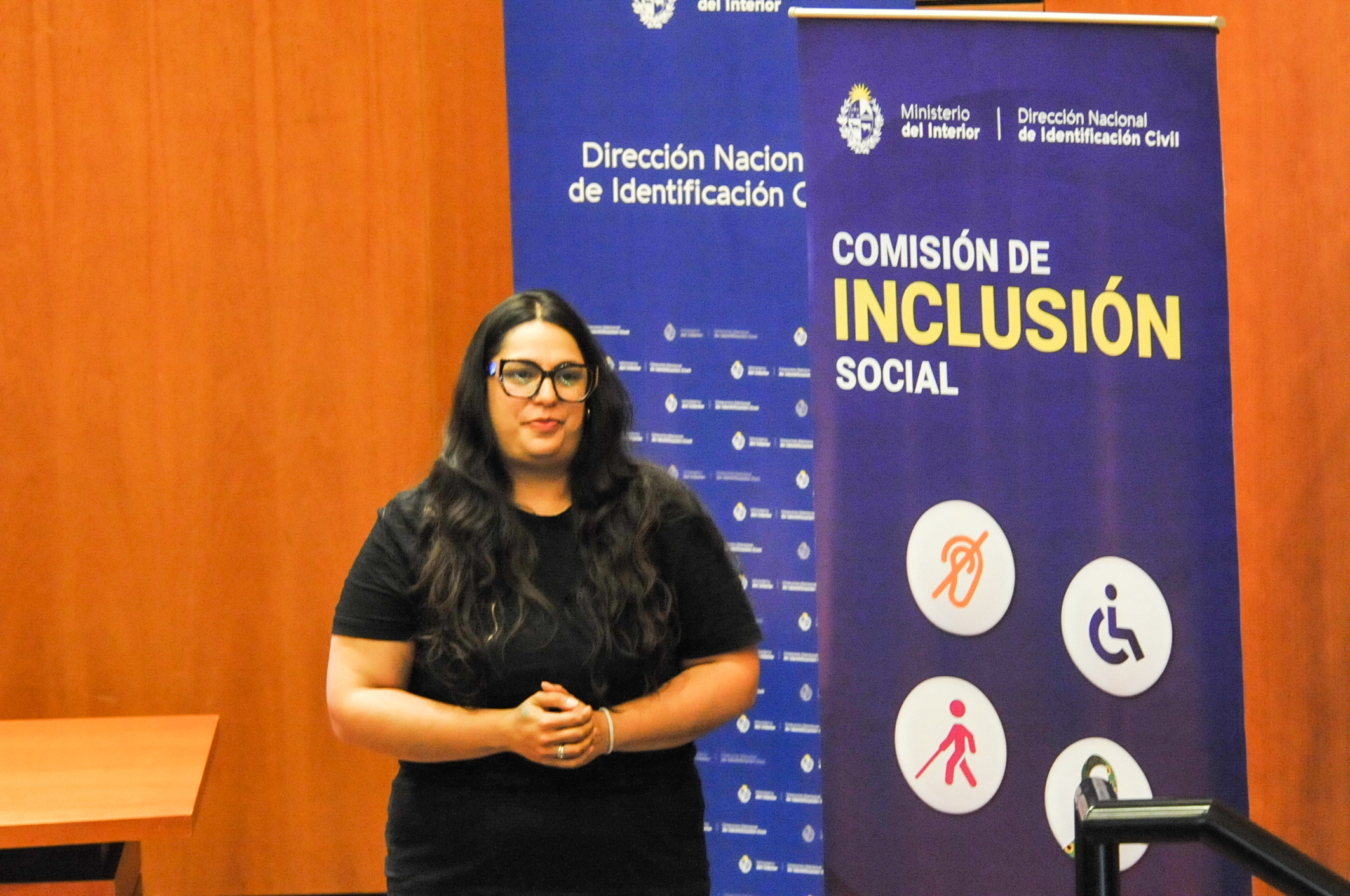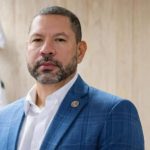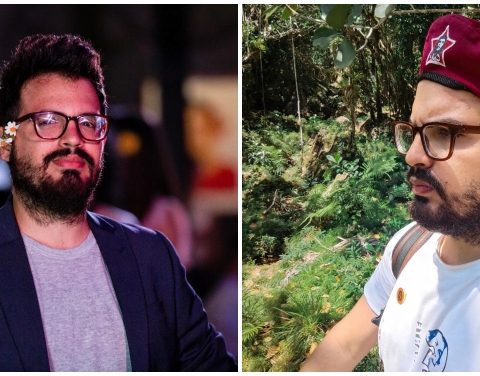Civil Identification promotes inclusive actions to serve citizens
The National Directorate of Civil Identification (DNIC) develops a set of initiatives to facilitate the completion of procedures for people with disabilities. These include the implementation of a “silent hour” aimed at people with autism spectrum disorders, attention via video calls with Uruguayan Sign Language (USL) interpreters, and building reforms that contribute to accessibility.
The Working for an Inclusive State meeting was organized by the DNIC, in the Executive Tower. The activity included the participation of the director of this department, José Luis Rondán, and the director of Disability of the Ministry of Social Development, Karen Sass.
Rondán explained that these workshops seek to raise awareness among the population and officials of different State agencies about the difficulties of some people in accessing public procedures. They invite the community to exchange experiences and contribute to improving care.
This direction developed several initiatives to address these barriers. As an example, he mentioned that it is the only State office to implement the so-called “silent hour”, aimed at caring for people with autism spectrum disorder. The offices are adapted to reduce noise and light, providing a more comfortable environment.
The leader recalled that, in addition, Civil Identification will be part of the initiative that seeks to serve people with disabilities through video calls with Uruguayan Sign Language (LSU) interpreters. He also assured that ramps were built to facilitate accessibility in the agency’s offices.
Rondán explained that the management saw these shortcomings in customer service, which is why a specific commission was formed on inclusion issues. He also assured that the initiatives were well received and praised the importance of the State considering the problems of citizens.


















